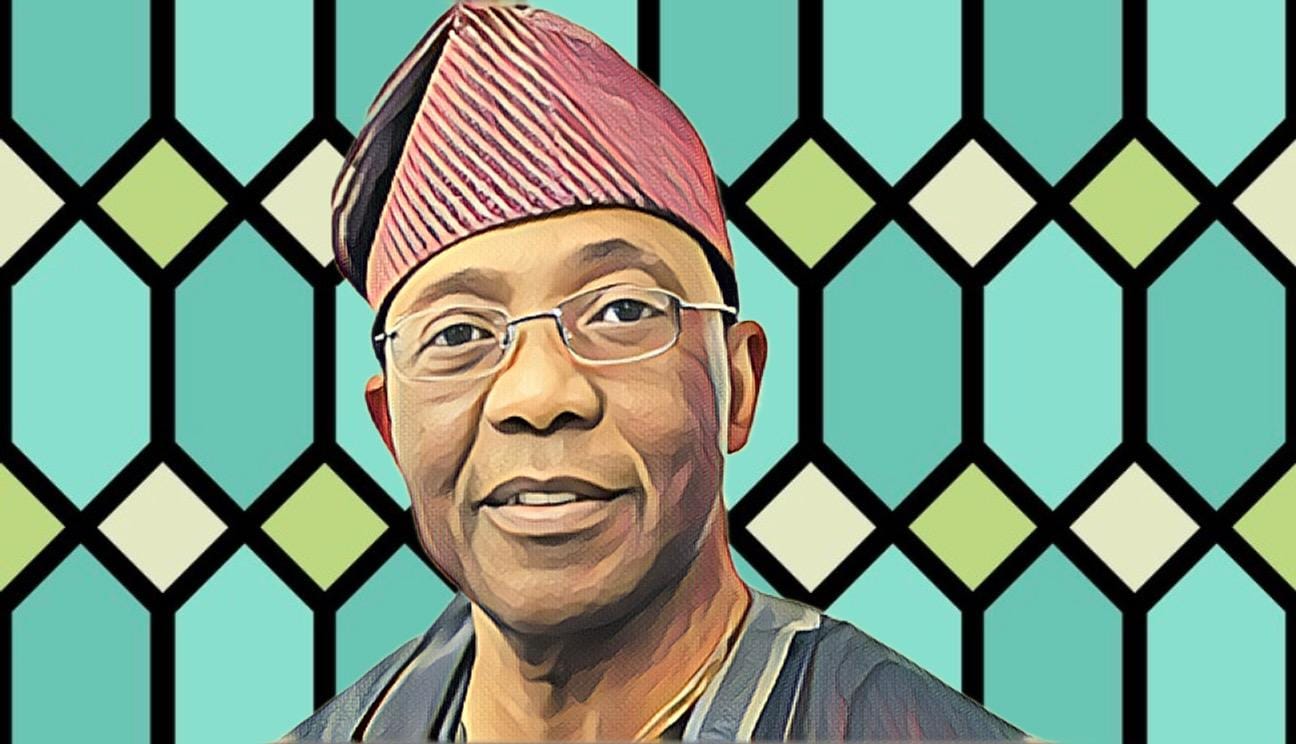Aradel Holdings sees $517-million market cap drop amid investor sell-off

Key Points
- Aradel’s market cap has dropped by N845.5 billion ($517 million) in a week, falling below $1.7 billion after peaking at $2.1 billion.
- Following its NGX debut, Aradel’s share price fell 23.7% to N625.4 ($0.386), as selling pressure erased early gains and hit valuation.
- Nigeria’s rejection of Shell’s asset sale to a consortium including Aradel has fueled uncertainty, worsening the bearish sentiment among investors.
Aradel Holdings, an integrated energy group led by Nigerian multimillionaire Ladi Jadesimi, has seen its market capitalization decline by N845.5 billion ($517 million) over the past week, dragging its valuation below $1.7 billion from over $2.1 billion.
The downturn follows the group’s historic listing on the Nigerian Exchange (NGX) just eight days ago, which initially propelled its market capitalization to N3.05 trillion ($1.9 billion) after listing 4.34 billion shares at N702.69 ($0.43) per share.
However, investor sentiment has soured, driving the group’s share price below its offering price as market participants offload shares, contributing to the rapid erosion of Aradel’s value.
Regulatory pressures slam market momentum
Aradel’s early days on the NGX saw impressive momentum. Within two days of its debut, the group’s share price surged by 16.7 percent from N702.69 ($0.43) on Oct. 14, 2024, to N820 ($0.5) by the close of trading on Oct. 15, 2024. This rally temporarily lifted its market capitalization to N3.56 trillion ($2.17 billion), signaling robust investor interest.
However, selling pressure has since reversed these gains. As of Oct. 22, 2024, Aradel’s share price has fallen by 23.7 percent to N625.4 ($0.386). The decline wiped out N845.5 billion ($517 million) in value over the past week, dragging market capitalization to N2.72 trillion ($1.66 billion) at the time of reporting.
The selloff coincides with Nigeria’s decision to reject Shell’s plan to offload its onshore oil assets to a consortium that includes Aradel, alongside ND Western and Waltersmith. The government's decision has intensified uncertainty, contributing to the bearish sentiment surrounding Aradel’s shares.
Aradel’s NGX debut boosts opportunities
Founded in 1992 by the late Godwin Aret Adams, Aradel has evolved from Nigeria’s first integrated oil and gas investment firm to a fully integrated energy group. Its portfolio spans the upstream, midstream, and downstream sectors, with interests in multiple oil and gas fields.
Aradel’s migration to the NGX follows years of trading on the NASD OTC Securities Exchange, where it made its first public debut on Aug. 1, 2013. After establishing a reputation for liquidity and transparent price discovery, Aradel ceased trading on the NASD on Oct. 11, 2024.
Despite the recent decline in its share price, Aradel remains on key market indices, including the NGX Oil and Gas Index and the NGX 30 Index, which tracks the 30 most valuable companies on the exchange. Its debut on the NGX expands opportunities for Nigerian investors, aligning with Aradel’s goal of enabling broader participation in the energy sector.
Aradel thrives under Ladi Jadesimi
Under Ladi Jadesimi, the founder and executive chairman of the Ladol Group of Companies, Aradel reported robust financial results for the first half of 2024. The group’s revenue surged by 260 percent to N268.3 billion ($168.7 million), while net profit soared to N104.4 billion ($65.6 million) from N13.1 billion ($8.2 million) during the same period last year.
Aradel’s listing on the NGX marks a milestone, boosting its presence in the oil and gas sector. However, the sharp drop in its share price highlights the challenges of market volatility and regulatory uncertainty.
CardinalStone, a Nigerian investment bank, set a 12-month price target of N1,258.61 ($0.77) per share, projecting a market capitalization of N5.47 trillion ($3.35 billion). The forecast suggests a 101.2 percent return from the current price, reflecting Aradel's growth potential in Nigeria's oil and gas sector.